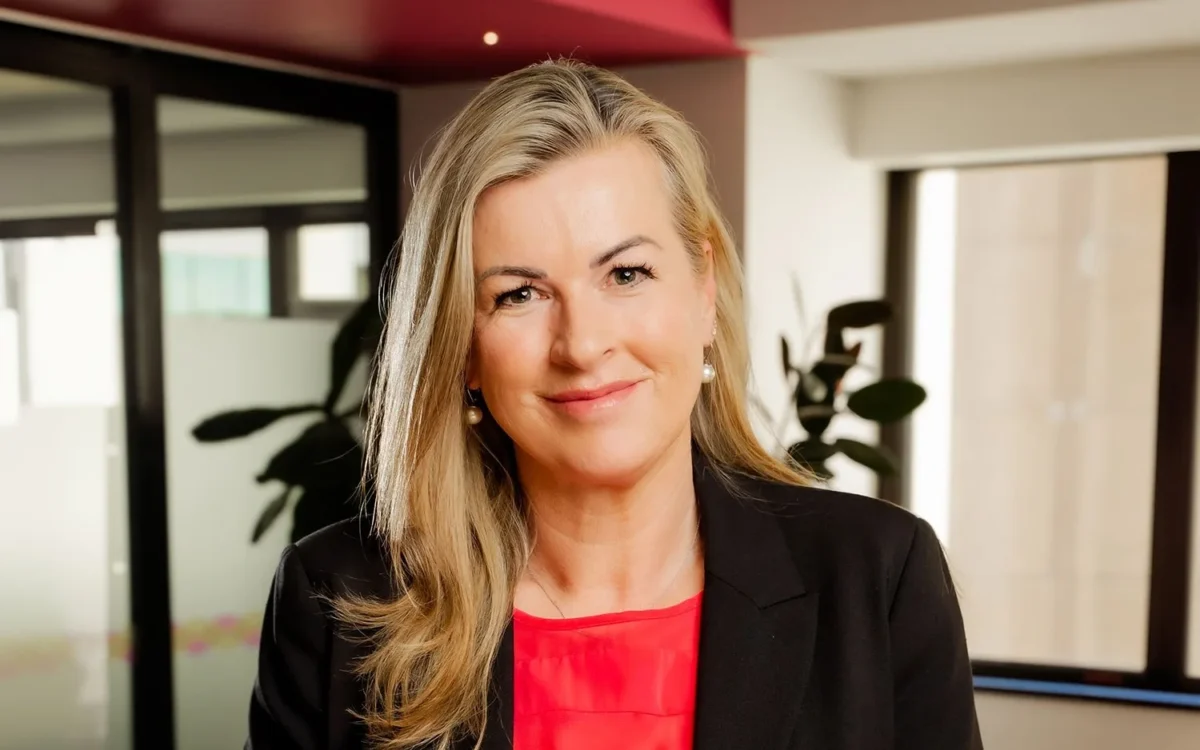Discovery and documentation the keys to sound compliance
Regulatory scrutiny may have eased up since the froth of the post-Hayne royal commission era, but the settings remain the same, and licensees are still keen to be safe rather than sorry.
So despite ASIC’s repeated exhortations that financial advice documentation is too long and full of unnecessary information, statements of advice are likely largely remain thick and unwieldy (at least without regulatory intervention, which is still in train). Advisers may have moved on from believing that their value proposition needs to be evidenced by a half-inch stack of advice accoutrements, but risk mitigation sits above client experience in the priority spectrum for licensees.
According to compliance experts, however, the real focus for advice teams should be on the upfront period, or discovery process, when the core information relevant to the client is collected and collated and primary drivers are established.
“We believe the most important thing for advisers is that discovery process,” said Assured Support advice manager Ben Moffatt during The Inside Network’s recent INPractice webinar, Documenting your investment process. “This is where the platform is set.”
Without a robust discovery process, Moffatt (pictured) explained, that not only captures all the relevant goals and risk settings for a new client but documents it, the advice delivery model is compromised, as is the compliance framework of the practice. “We often find that when this is done poorly, the advice that follows isn’t usually that great either,” he said. “We always say to advisers, this is where you should be spending the most time with the client.”
Moffatt referenced a 2019 report (R639) ASIC published on financial advice provided by superannuation providers, which revealed that almost a third of non-compliance instances occurred when the advice provider failed to adequately identify the objectives, financial situation and needs of the member.
While many advice groups place a lot of emphasis on the initial fact find, ASIC looks at the discovery process through a different lens, with Section 961B of the Corporations Act requiring advisers to identify the objectives, financial situation needs of the client.
“ASIC’s view is that if you can’t identify the subject matter there will obviously be problems with scoping, and this will lead to inappropriate advice that’s not in the client’s best interest,” Moffatt said. “Again, this just reinforces the point that the discovery process is critical.”











